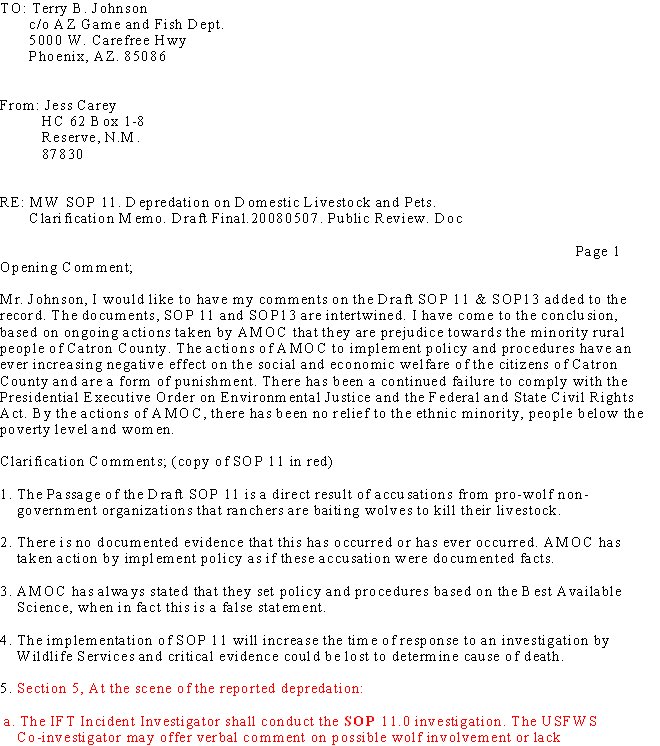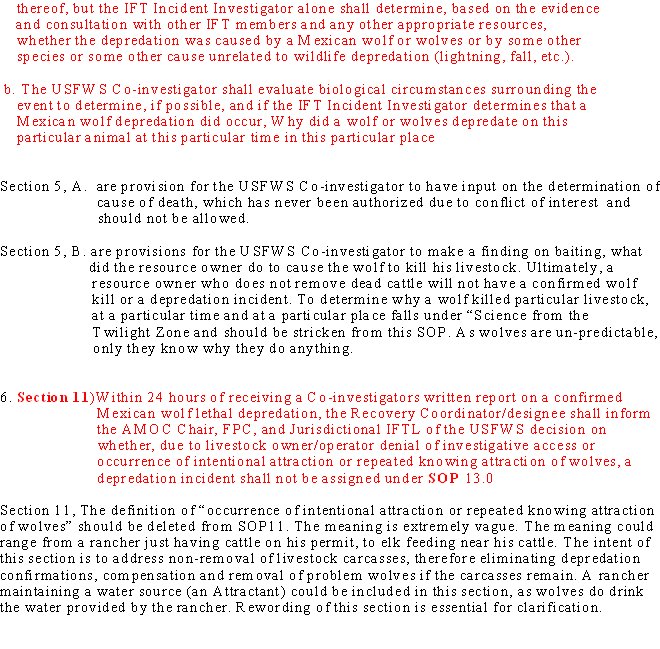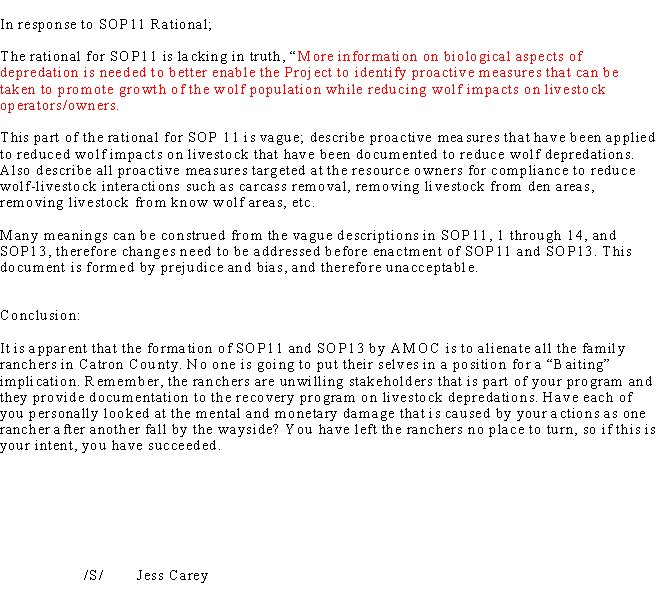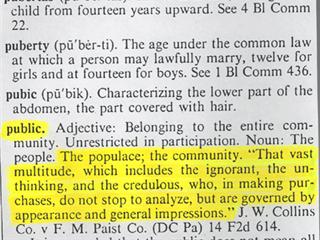Amendment XIV
Section 1.
All persons born or naturalized in the United States, and subject to the jurisdiction thereof, are citizens of the United States and of the state wherein they reside. No state shall make or enforce any law which shall abridge the privileges or immunities of citizens of the United States; nor shall any state deprive any person of life, liberty, or property, without due process of law; nor deny to any person within its jurisdiction the equal protection of the laws.
Posts and Comments from Readers
Sunday, September 11, 2011
FOURTEENTH AMENDMENT: SECTION ONE
TOPEKA, KS BANS OPEN CARRY IN PUBLIC PLACES
Here is an open carry/firearms ban from Topeka,KS similar to the recent illegal and unconstitutional open carry/firearms ban enacted by the Mayor of Ruidoso. Click on the title to read the information.
CORAM NOBIS: WRIT OF ERROR
A writ of coram nobis is an order by an appeals court to a lower court to consider facts not on the trial record which might have changed the outcome of the lower court case if known at the time of trial. Coram nobis is a Latin term meaning the "error before us."
In deciding whether to grant the writ, courts have used a three-part test: a petitioner must
1. explain her failure to seek relief from judgment earlier,
2. demonstrate continuing collateral consequences from the conviction, and
3. prove that the error is fundamental to the validity of the judgment.
An example of when it might be used includes prosecutorial misconduct hiding exculpatory evidence from the defendant. A writ of coram nobis is issued once the petitioner is no longer in custody. Its legal effect is to vacate the underlying conviction. A petition for a writ of error coram nobis is brought to the court that convicted and sentenced the defendant.
Coram nobis is limited to cases in which a "fundamental error" or "manifest injustice" has been committed. A high burden of proof is required. It cannot be used to reopen and reargue points of law the courts have decided, but only to raise errors of fact that were knowingly withheld by the prosecutor from judges and defendants. A writ of error coram nobis is an extraordinarily rare remedy, known more for its denial than its approval. It is distinguished from a writ of error coram vobis which brings before the court certain mistakes of fact not put in issue or passed upon,such as the death of a party, coverture, infancy, error in process, or mistake of the clerk.
Although the Federal Rules of Civil Procedure expressly abolished the use of coram nobis in civil cases in the United States, see Fed. R. Crim. P. 60(b), the issue of the writ's availability to correct fundamental errors in criminal cases remained uncertain for many years. In United States v. Morgan, the Supreme Court resolved this question, holding that coram nobis was still available in federal court for criminal cases. See 346 U.S. 502, 512 (1954).
PRESSER v. ILLINOIS
Case from 1886. In the Supreme Courts decision included interpretations of a citizens or a militas right to bear arms and how a state violates the 2nd and 14th Amendments.
Columbia v. Heller
U.S. Constitution: Second Amendment
Second Amendment - Bearing Arms
Amendment Text | Annotations
A well regulated Militia, being necessary to the security of a free State, the right of the people to keep and bear Arms, shall not be infringed.
Annotations
Prior to the Supreme Court's 2008 decision in District of Columbia v. Heller,1 the courts had yet to definitively state what right the Second Amendment protected. The opposing theories, perhaps oversimplified, were (1) an "individual rights" approach, whereby the Amendment protected individuals' rights to firearm ownership, possession, and transportation; and (2) a "states' rights" approach, under which the Amendment only protected the right to keep and bear arms in connection with organized state militia units.2 Moreover, it was generally believed that the Amendment was only a bar to federal action, not to state or municipal restraints.3
However, the Supreme Court has now definitively held that the Second Amendment protects an individual's right to possess a firearm unconnected with service in a militia, and to use that weapon for traditionally lawful purposes, such as self-defense within the home. Moreover, this right applies not just to the federal government, but to states and municipalities as well.
In Heller, the Court held that (1) the District of Columbia's total ban on handgun possession in the home amounted to a prohibition on an entire class of "arms" that Americans overwhelmingly chose for the lawful purpose of self-defense, and thus violated the Second Amendment; and (2) the District's requirement that any lawful firearm in the home be disassembled or bound by a trigger lock also violated the Second Amendment, because the law made it impossible for citizens to use arms for the core lawful purpose of self-defense.
The Court reasoned that the Amendment's prefatory clause, i.e., "[a] well regulated
Militia, being necessary to the security of a free State," announced the Amendment's purpose, but did not limit or expand the scope of the operative clause, i.e., "the
right of the people to keep and bear Arms, shall not be infringed." Moreover, the prefatory clause's history comported with the Court's interpretation, because the prefatory clause stemmed from the Anti-Federalists' concern that the federal government would disarm the people in order to disable the citizens' militia, enabling a politicized standing army or a select militia to rule.
Further, the Court distinguished United States v.Miller,4 in which the Court upheld a statute requiring registration under the National Firearms Act of sawed-off shotguns, on the ground that Miller limited the type of weapon to which the Second Amendment right applied to those in common use for lawful purposes.
In McDonald v. Chicago,5 the Court struck down laws enacted by Chicago and the village of Oak Park effectively banning handgun possession by almost all private citizens, holding that the Fourteenth Amendment incorporated the Second Amendment right, recognized in Heller, to keep and bear arms for the purpose of self-defense.
The Court reasoned that this right is fundamental to the nation's scheme of ordered liberty, given that self-defense was a basic right recognized by many legal systems from ancient times to the present, and Heller held that individual self-defense was "the central component" of the Second Amendment right. Moreover, a survey of the contemporaneous history also demonstrated clearly that the Fourteenth Amendment's Framers and ratifiers counted the right to keep and bear arms among those fundamental rights necessary to the Nation's system of ordered liberty.
Footnotes
554 U.S. ____ (2008).
A sampling of the diverse literature in which the same historical, linguistic, and case law background is the basis for strikingly different conclusions includes: Staff of Subcomm. on the Constitution, Senate Comm. on the Judiciary, 97th Congress, 2d Sess., The Right to Keep and Bear Arms (Comm. Print 1982); Don B. Kates, Handgun Prohibition and the Original Meaning of the Second Amendment (1984); Gun Control and the Constitution: Sources and Explorations on the Second Amendment (Robert J. Cottrol, ed. 1993); Stephen P. Halbrook, That Every Man Be Armed: The Evolution of a Constitutional Right (1984); Symposium, Gun Control, 49 Law & Contemp. Probs. 1 (1986); Sanford Levinson, The Embarrassing Second Amendment, 99 Yale L.J. 637 (1989).
SeePresser v. Illinois, 116 U.S. 252, 265 (1886); see also Miller v. Texas, 153 U.S. 535 (1894); Robertson v. Baldwin, 165 U.S. 275, 281-282 (1897).
307 U.S. 174 (1939).
No. 08-1521 (June 28, 2010).



















.jpg)

















